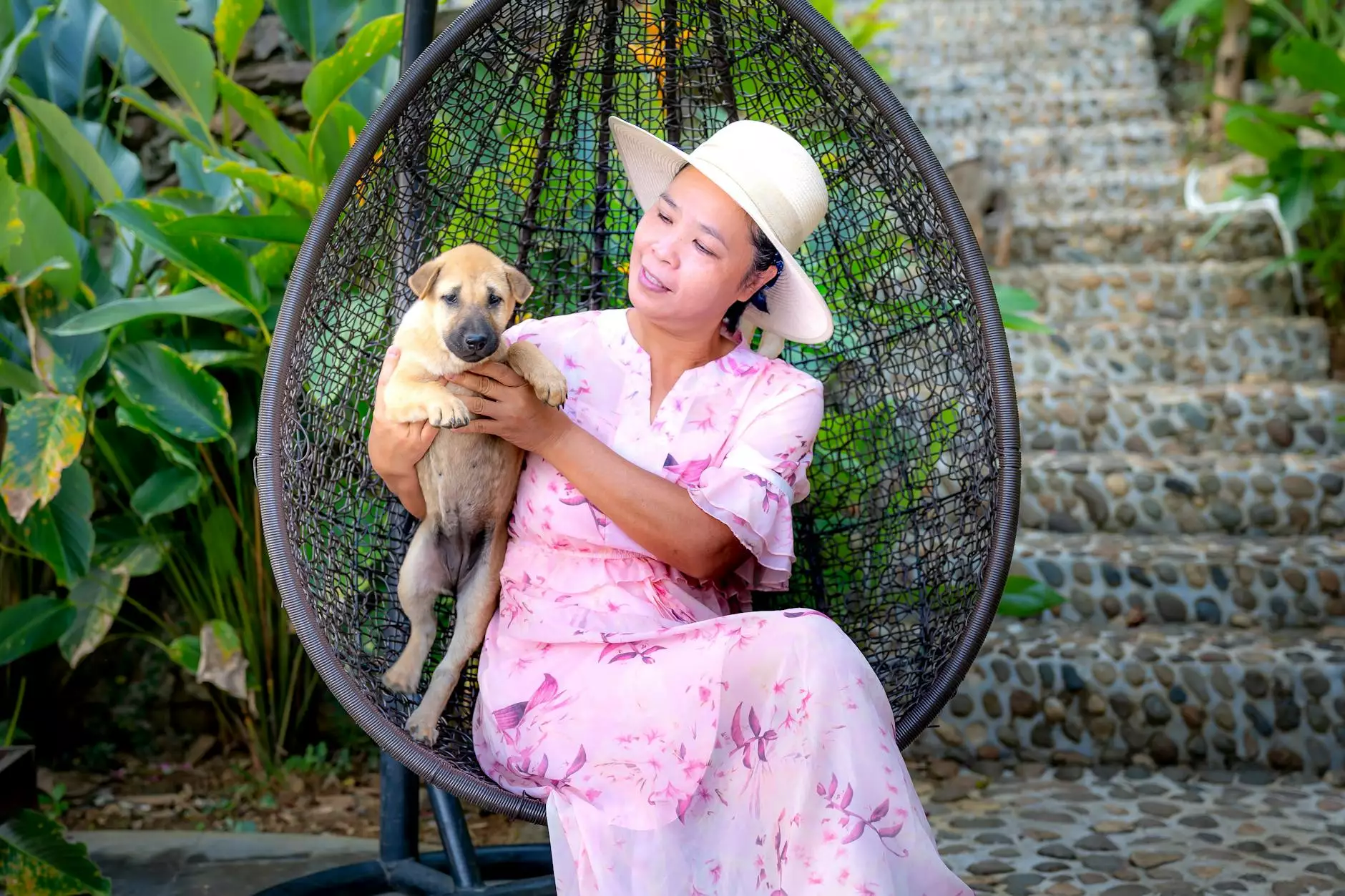Brazilian Poultry Exporters: Leading the Global Market

Brazil stands tall as one of the world's largest exporters of poultry products, fundamentally shaping the landscape of the global meat market. This article delves into the world of brazilian poultry exporters, exploring their operational strategies, market influence, and the benefits of choosing Brazilian chicken in bulk.
The Rise of Brazilian Poultry Exporters
Over the past few decades, Brazilian poultry exporters have experienced exponential growth. With an ever-increasing global demand for chicken, Brazil has positioned itself as a dominant player in the industry. This rise can be attributed to several key factors:
1. Favorable Climate and Vast Agricultural Land
Brazil's geographic advantages include vast tracts of agricultural land and a favorable climate conducive to poultry farming. These factors allow for:
- Efficient production processes: Favorable weather conditions lead to healthier birds and lower mortality rates.
- Cost-effective farming: The availability of local feed resources ensures that production costs remain competitive.
2. Strong Infrastructure
The Brazilian government has invested heavily in infrastructure, including:
- Transportation Networks: Enhancing logistics and distribution across the nation and globally.
- Processing Facilities: Modern abattoirs are equipped with cutting-edge technology to ensure the highest product quality.
3. Emphasis on Quality and Safety Standards
Brazilian poultry exporters are renowned for maintaining high-quality standards. Compliance with international health and safety regulations has earned Brazilian poultry a stellar reputation in markets worldwide. Exporters focus on:
- Certifications: Obtaining certifications such as ISO and HACCP to guarantee product safety.
- Traceability: Ensuring that every chicken can be traced back to the farm, enhancing consumer trust.
Understanding the Global Demand for Brazilian Poultry
The demand for chicken continues to surge globally, driven by its nutritional value and the growing preference for lean protein sources. Key markets for Brazilian poultry include:
1. The Middle East
Middle Eastern countries are among the largest importers of Brazilian chicken. Factors such as:
- Halal certification: Brazilian poultry is available with Halal certification, making it a preferred source for Muslim consumers.
- Affordable pricing: Competitive pricing allows countries in this region to meet consumer demand efficiently.
2. Asia
In Asian markets, particularly China and Japan, Brazilian poultry has seen significant growth. The reasons include:
- Increasing protein consumption: As economies grow, so does the demand for protein-rich foods.
- Diversification of meat sources: Countries are looking to diversify their meat imports to ensure food security.
The Process of Exporting Chicken in Bulk
Exporting chicken in bulk from Brazil involves a well-structured process designed to maintain quality and meet international standards. The steps typically include:
1. Sourcing Quality Chickens
Brazilian poultry exporters begin with sourcing chickens from certified farms, ensuring that:
- Health Inspections: All birds are inspected before being accepted into the supply chain.
- Breeds Selection: Exporters use high-yield breeds that are disease-resistant and suitable for meat production.
2. Processing and Packaging
After sourcing, chickens undergo a stringent processing and packaging phase, which includes:
- Slaughtering and Processing: Performed in state-of-the-art facilities to guarantee quality.
- Hygienic Packaging: Utilizing advanced packaging technology to prevent contamination during transport.
3. Logistics and Distribution
Effective logistics are crucial for maintaining freshness during transport. Brazilian poultry exporters utilize:
- Temperature-Controlled Transport: Refrigerated trucks and containers ensure that chicken remains frozen until delivery.
- Timely Distribution Channels: Partnerships with shipping companies to ensure prompt delivery to international markets.
Challenges Facing Brazilian Poultry Exporters
Despite their successes, Brazilian poultry exporters face several challenges that can impact their operations:
1. Regulatory Hurdles
Exporting to different countries often requires compliance with varying regulations, which can lead to delays.
2. Competition from Other Exporters
With global competition intensifying, Brazilian exporters must continually enhance their quality and service offerings.
3. Economic Fluctuations
Changes in trade policies, tariffs, or currency exchange rates can affect profitability and pricing strategies.
Why Choose Brazilian Poultry Exporters?
Choosing Brazilian poultry exporters means opting for quality, reliability, and competitive pricing. Some benefits include:
1. Superior Quality Products
Brazilian poultry is globally recognized for its unmatched quality, thanks to strict compliance with safety standards.
2. Competitive Pricing
Due to efficient production methods, Brazilian chicken offers excellent value for money.
3. Diverse Product Range
Exporters provide a wide variety of products ranging from whole chickens to various cuts and processed items, catering to all needs.
Conclusion: The Future of Brazilian Poultry Exporters
The future looks promising for Brazilian poultry exporters, bolstered by their commitment to quality, efficiency, and responsiveness to market demands. As global consumption patterns shift towards more protein-driven diets, Brazilian poultry is set to remain a vital player in the international meat industry.
The combination of sustainable farming practices, investment in technology, and adherence to quality standards will ensure that Brazilian poultry exporters continue to thrive, offering exceptional products that meet the needs of consumers worldwide.









